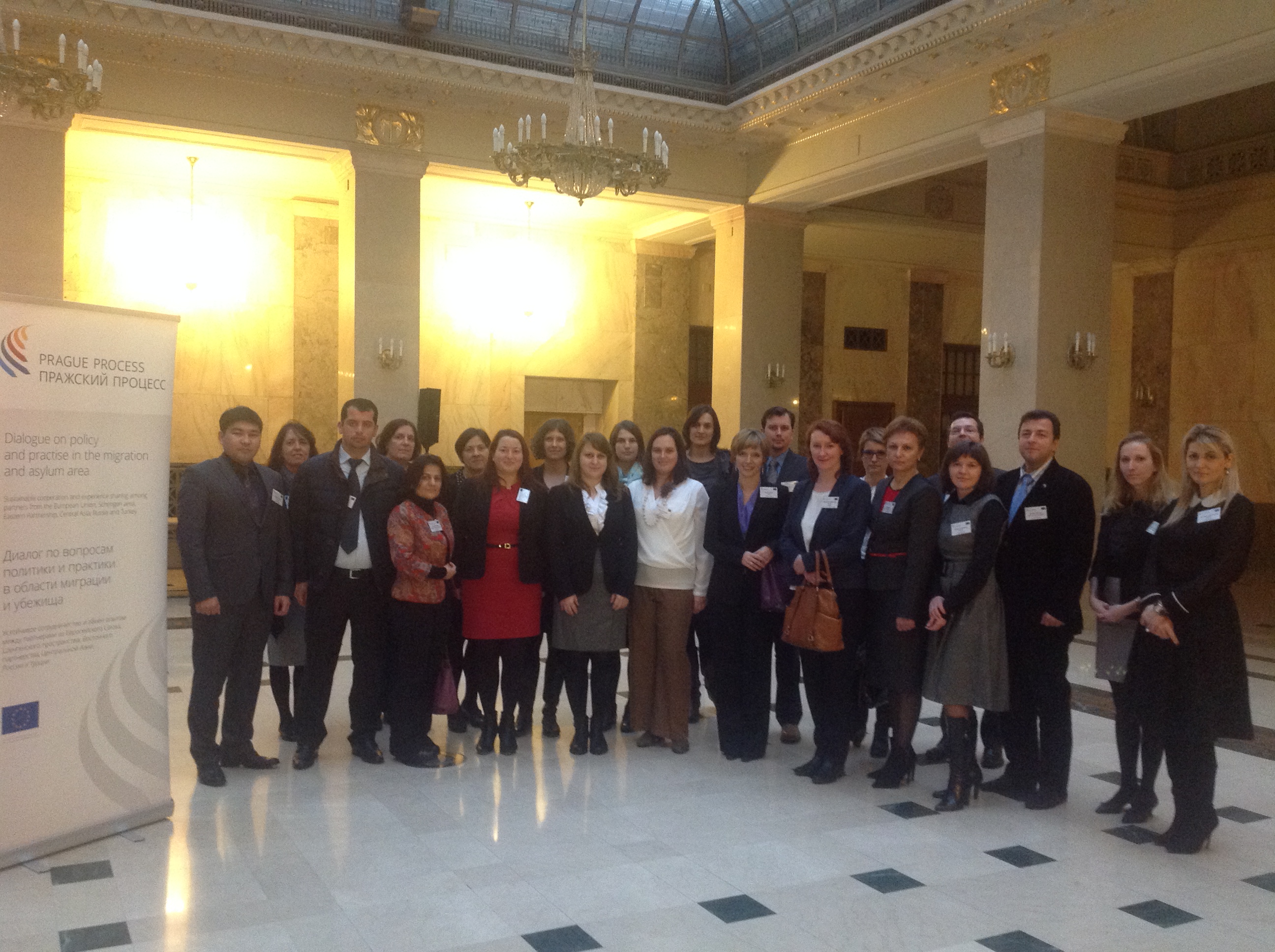The Kick-off Meeting of Pilot Project 6 (PP6) on international students’ mobility aimed at exploring and discussing the current policies on cross-border student mobility across its participating states in order to contribute to the elaboration of good practices and policy recommendations. International graduates represent an important labour market resource. While aiming to attract foreign students, national authorities set targeted measures to prevent abuse. Numerous exchange programmes and bilateral agreements on facilitating student mobility are in place and an increasing number of states have also developed national strategies in this area.
In the framework of PP6, student mobility is perceived as a shared competence between migration and education authorities. This first PP6 Workshop gathered representatives of eleven participating states, as well as experts from the European Training Foundation (ETF), International Organisation for Migration (IOM), Migration Research Centre (Russia), Tian Shan Policy Centre (Kyrgyzstan) and Central European University.
During the first day participants received an opportunity to provide their inputs to the project’s work plan and draft questionnaire, which aims at generating in-depth information about the current state of affairs with regards to cross-border student mobility across the participating states. While several states engaged in a brief introduction of their national practices, a more detailed insight was given on the situation in Russia as one of the main destinations for student mobility in the Prague Process region. These inputs were complemented by some general findings and an introduction into the EU legislation regarding the mobility of students and researchers.
On the following day the perspectives of non-state actors were presented by the European Training Foundation, the Central European University and Tian Shan Policy Centre. Central points of interest included the challenges faced and good practices in organising cross-border student mobility and the potential promotion of brain gain and brain circulation, while also preventing brain drain.

